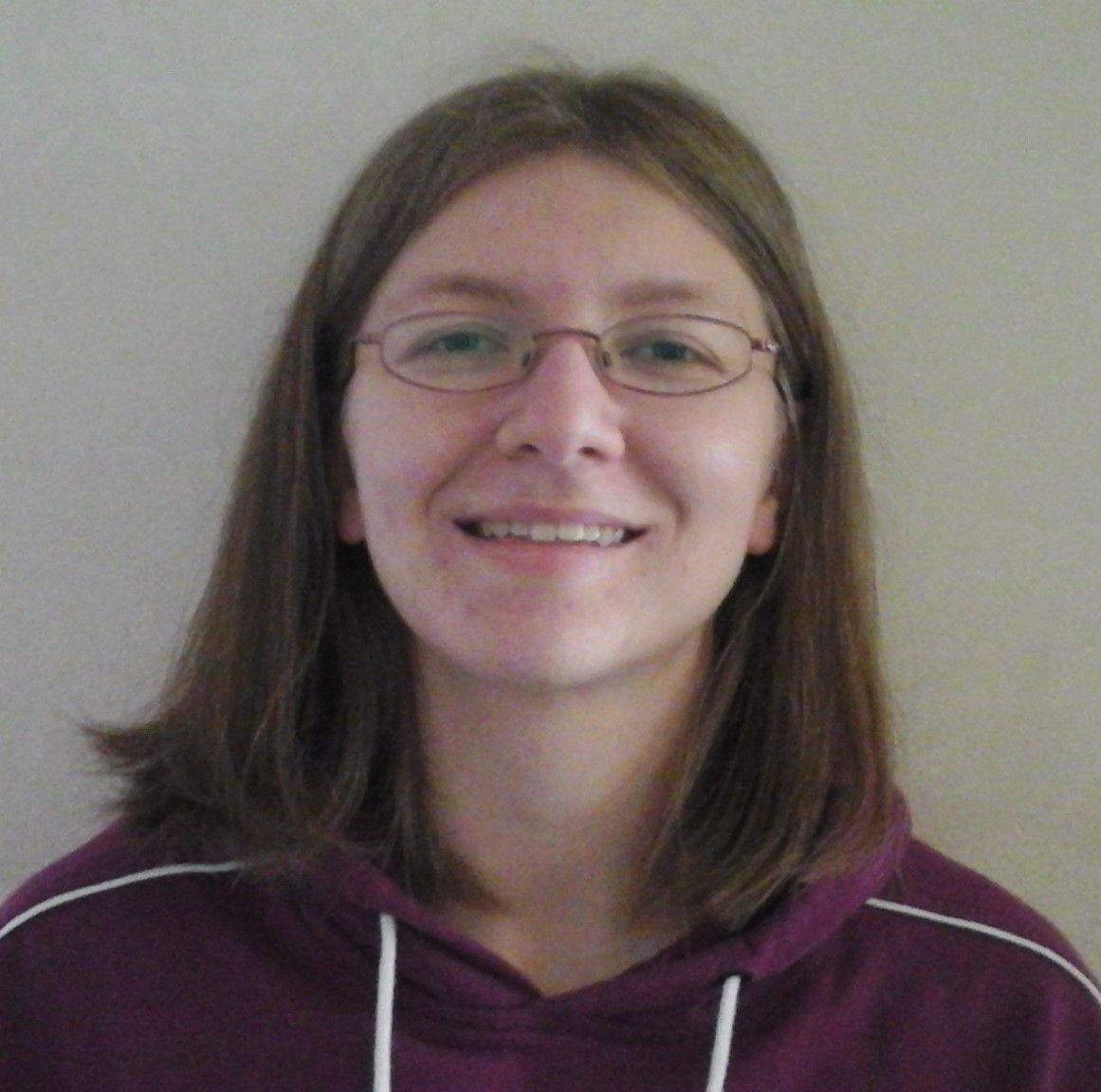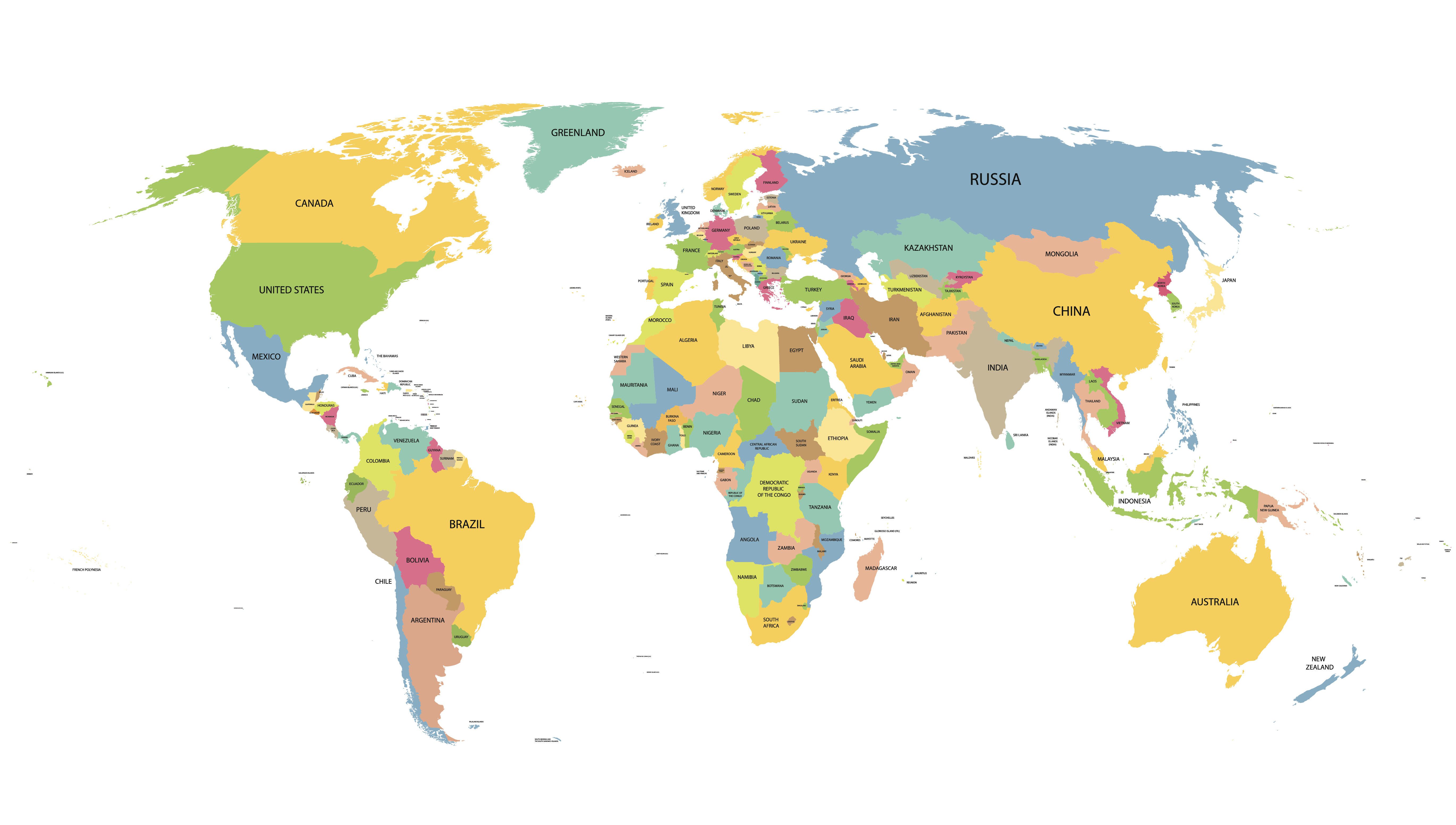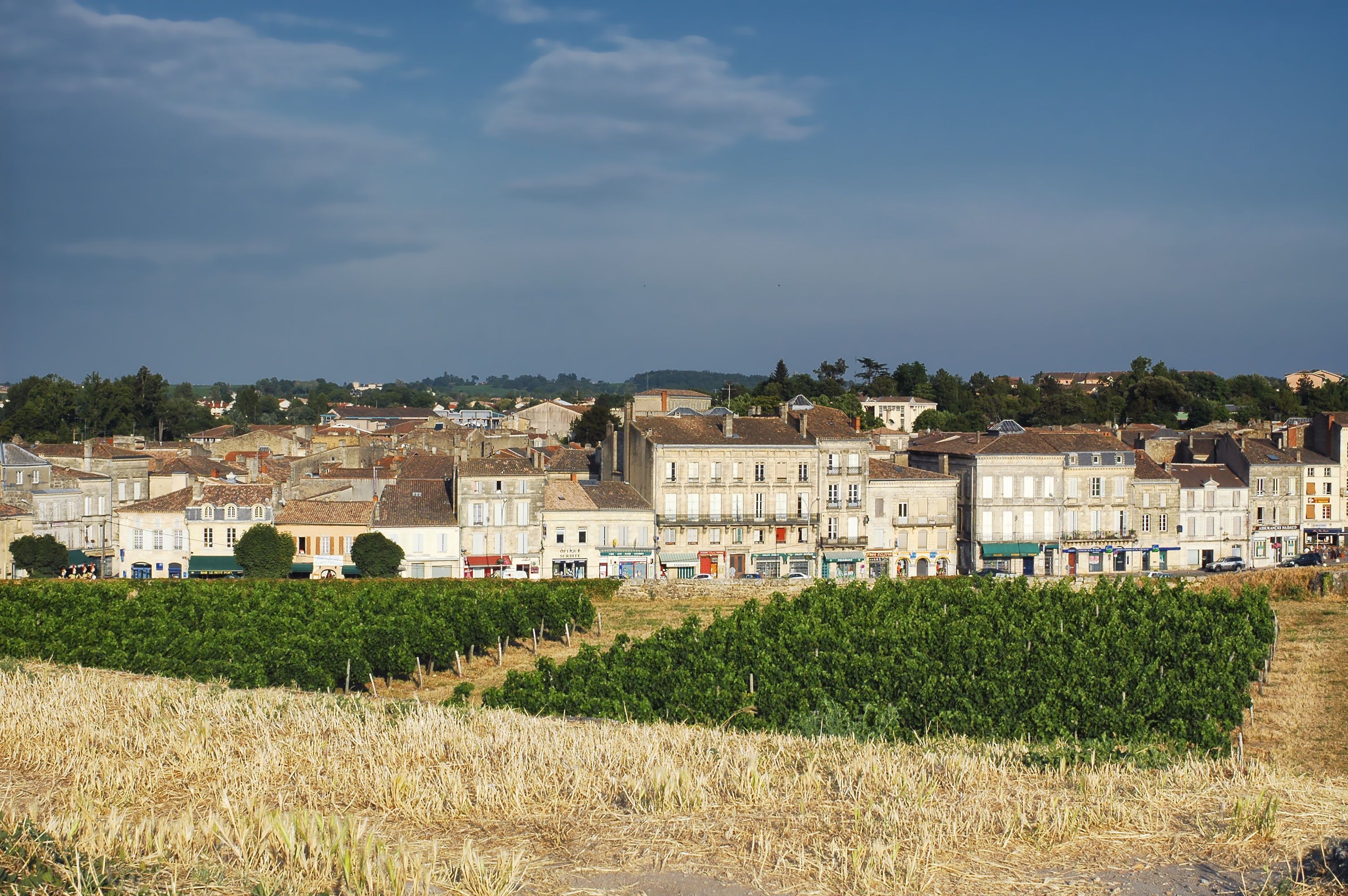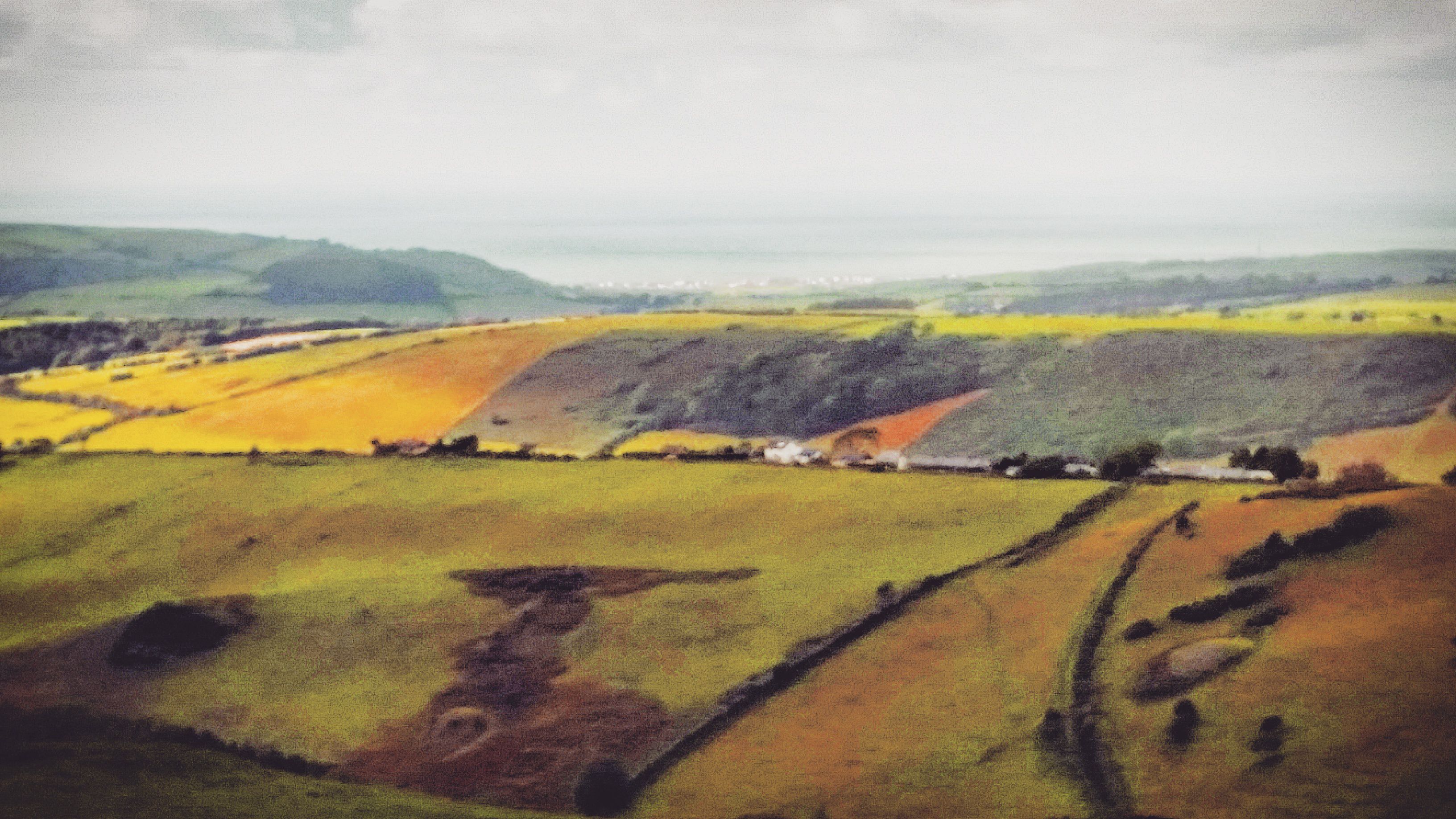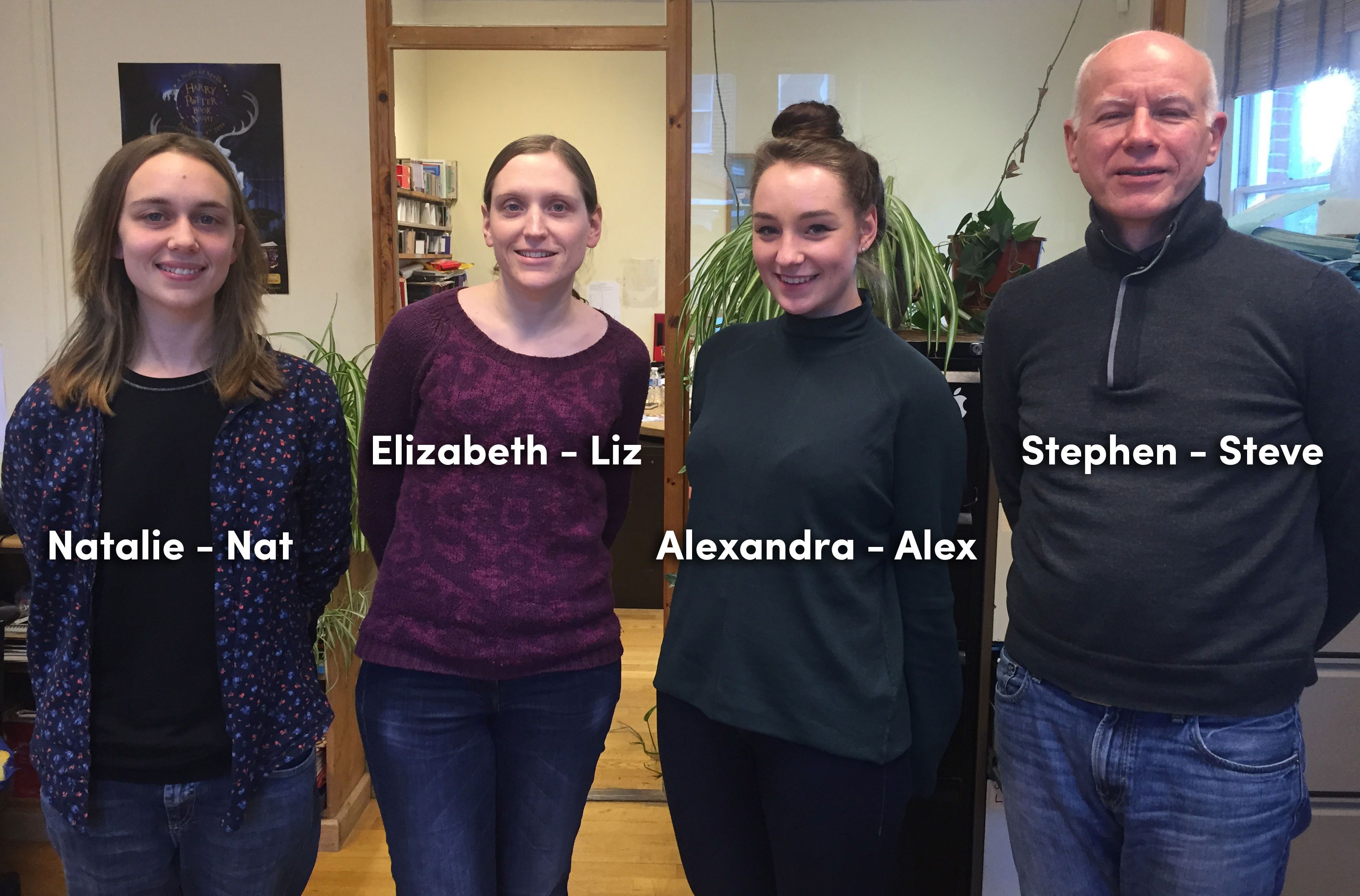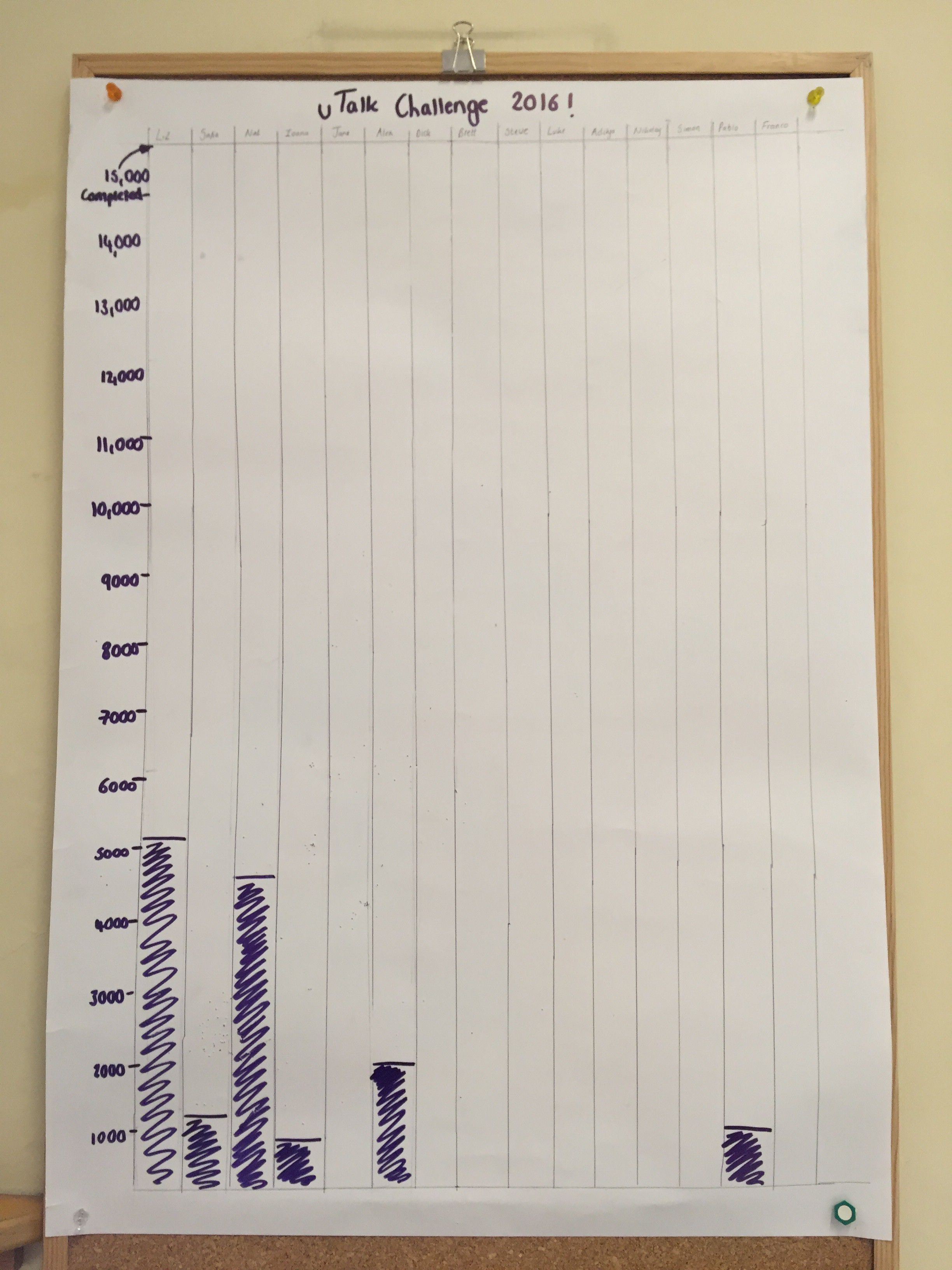Why Russian? Why not?
Lucy was our first ever winner of the Junior Language Challenge and at age 23 has now chosen to take part in the uTalk Challenge learning Russian. Lucy already speaks Spanish, French, Italian, German and Latin and has been learning languages since she was 10 years old.
Why? Why not?
I was talking to some friends at work at the beginning of January, and it came up in conversation that I was learning Russian. ‘Why Russian!?’ one said. ‘Why not?’ was my reply. People are often surprised when I say that I love learning languages. I think to them, it seems a little removed from what I normally do (I work in science). And while I may have decided to work in science instead of languages, that doesn’t mean to say that they aren’t useful to me.
When I was about 10, a teacher from the local secondary school came to teach us Spanish once a week, and I thought it was brilliant! My teacher entered some of our class into the first ever EuroTalk Junior Language Challenge; being able to learn three different languages was even more exciting. Spanish, Greek (my first experience of a language with a different alphabet), and Saami – Santa’s language (northern Finland, to be exact). Taking part showed me that language learning was fun, and set me on a course of lifelong linguistics.
I’d describe myself as a patchwork of languages; I can speak each to a different level, ranging from Italian, my speaking is poor but my translation is decent, to Spanish, where I can happily hold a conversation. My latest is Russian, which I’ve always wanted to learn; I’ve just about got to grips with the Cyrillic alphabet. It’s fun to learn so many languages, it stretches my brain, and I love the feeling of being able to speak to someone in their native tongue, a mixture of pride and respect for their culture. However, that doesn’t mean to say that I don’t have problems! The use of the subjunctive in Spanish will forever escape me (in English we only use it in one specific way, when we say ‘If I were you…’), and those odd little verbs in every language that don’t follow the rules always hide away in the recesses of my mind when I want to use them.
How do I overcome problems? Practice! Practice speaking with others out loud, using odd verbs and new tenses and reading with literature from your chosen language starting with children’s stories and building it up (good for new vocabulary and surprisingly complex!) If you are learning more than one, try to compartmentalise them in your head; have a Spanish head and a French head. My Latin is extremely handy for any new scientific terms, I usually have a guess at what they mean before looking them up. My other languages are great for holidays, trips with work and just keeping my brain active. I certainly don’t intend to stop (I think I may try Basque next): you never know when you might need them!
Are you learning an endangered language?
We’re now into the third week of our uTalk Challenge! Over 350 people are taking part and over 40 languages have been chosen to learn! The most popular languages are some of the most spoken ones in the world like Polish, Spanish and Japanese.
Interestingly, we also have some endangered languages chosen. UNESCO publishes a list of the languages that are classed as endangered; there are five different levels, from Vulnerable (most children speak the language but only in restricted places) to Extinct (no one speaks the language anymore). Some of these surprised as me as Welsh, Scottish Gaelic and Irish are all on the UNESCO list. Hawaiian is on the list as ‘critically endangered’, which is one level away from being extinct, due to the speakers of the language being the oldest generation of the family.
When it comes to our uTalk Challenge here are the four of the endangered languages that have been chosen:
Basque
There are around 660,000 speakers left of this language and although spoken in Europe it’s not classed as the Indo-European family of languages, potentially due to it being totally unique, with no similarities to any other languages. There are many theories on where the Basque language comes from, but none of these have conclusive evidence. One of our uTalk Challengers, Patricia, is learning Basque and quickly selected ‘garagardoa’ as her favourite word for beer in any language! Find out why in her video.
Scottish Gaelic
It is quite clear that Scottish Gaelic is spoken in some parts of Scotland, mainly in the Western Isles. It is one of the three languages in Scotland, with English and Scots also being spoken. Scots is also classed as an Endangered language, but on a lower level than Scottish Gaelic. There are around 60,000 people who speak Scottish Gaelic still. However, across many Scottish schools the introduction of Scottish Gaelic began in the 1980s, with it now being taught across primary and middle schools.
Welsh
Welsh is Britain’s oldest language, dating back to around 4,000 years ago. Today there are 750,000 speakers; this is around 20% of the Welsh population. Welsh is most popular in the west of the country; however, there is evidence that more schools in Wales are now teaching the language. Within Wales there are two main dialects, North and South Walian. It is hard to establish where these two dialects cross over, as they both have different accents, vocabulary and grammar points. Liz and Nat from the EuroTalk office are learning Welsh for the challenge (in fact Nat’s already completed the app because she’s much better at languages than the rest of us!).
Wolof
This is one of the six main languages in Senegal. Originally written with an Arabic alphabet, it was then standardised using the Latin alphabet. A lot of Wolof speakers use French loan words when speaking the language, which could be one of the reasons Wolof has become an endangered language. In certain urban areas of Senegal people use a mix of Arabic, French and Wolof but in Gambia they use English words as loan words instead.
Do you speak any endangered languages? Please let us know on Twitter or our Facebook page. Or if you’d like to learn an endangered language, you can find all of the above and more in our uTalk app.
Alex
How to keep New Year’s resolutions
We’re well settled into the new year and we’re all full of hopes and dreams for the next 12 months – learning a new language, getting fit, changing our job, travelling more. Most likely in the first week of the year you were super pumped, ready to drop anything to stick to your main goal(s).
By the time the second week came however, you kind of settled in, relaxed the rules a bit and got back to some of your old habits. When January’s over, your goal will be completely forgotten like it was never there and you’re going to be thinking ‘how silly of me to think that I could learn Spanish’.
That can be one of the ways the future looks. Let’s take a different turn. Lets push through the phase when we want to give up and see what happens. The other road is familiar but wouldn’t it be nice to see what else can happen? What if you did learn Spanish this year? You could read books in Spanish, and you could talk to other Spanish speakers, and on your next holiday in Spain you could strike up a conversation with a stranger and end up making new friends.
Studies have shown that the human brain tends to value immediate rewards more than future rewards. When you set a goal or a resolution you are in fact making plans for your future self and it ‘s easy to imagine how your life can look. But, when the time comes that you actively pursue that goal most people choose immediate gratification and opt to do what they feel like in the moment.
Now that we understand how our mind works, it’s time to find ways to stop this from happening.
- Start slowly and build a ritual. Set yourself to practice for half an hour a day – that’s not too much to ask right? Offer yourself a reward after – if you’re learning a language with uTalk, the reward comes in the form of earning points and we all like to build up to a nice score, right?
- Put aside some of your other tasks. Obviously not work or eating but if you usually browse the Internet while commuting why not replace that with your main goal?
- Keep your eyes on the prize – never lose sight of your motivation. Look at pictures of beautiful Spanish landscapes and imagine yourself having a chat with the locals, or listen to Spanish songs and try to understand the lyrics.
I hope this helps you push through the temptation of giving up and will ultimately get you to your goal. And don’t worry about making mistakes; the only person who loses is the one that gives up, so no matter how slow you are going, it’s still better than if you weren’t doing anything.
And if your goal is to learn a language (or twelve…), there’s still time to join the uTalk Challenge!
Ioana
What’s in a name?
Welcome to my family! My Grandma’s called Minnie, and my Granddad’s called Jack.
Except, they’re not really.
Because, in English, we have an eccentric tendency to distort names until they no longer resemble the original at all. My Gran’s actually called Mary and my Granddad, of course, is John.
Now meet my Uncle Bob, cousins Harry, Bill and Jim, and aunts Kitty and Nancy. Their real names – the names on their birth certificates – are Robert, Henry, William, James, Katherine and Anne. Makes total sense, right?
Some common English names have not one but several permutations, just to make things more confusing. The name Edward can be twisted into Ed (OK, fine), Ted (hmm) or Ned (well….), whilst Robert can be not only Bob but Rob, Bobby or Bertie. James can be Jim, Jimmy or Jem, and Richard can be Rich, Rick, Dick or Dickie.
On the girls’ side, Elizabeth must be one of the most prolific of names, producing not only Eliza, Liz and Lizzie, but Ellie, Beth, Bess, Bett and Bettie, whilst Margaret becomes Maggie and Meg, or Peggie and Peg. Victoria becomes Vic, Vicky, Tor and Tory, and Mary can be Molly, Minnie, Polly or Poll.
It’s not just our language that does this, of course, and Russian is another which can mutate its names into seemingly unconnected variants. When I was in Russia, my friends were Tolik, Vanya, Sanya and Masha, whose real names were Anatolii, Ivan, Alexsandr and Mariya. But whereas in English a Rob might always be a Rob, both in private and public arenas, formal and informal, in Russia someone might be called Alexandr in formal situations but Sasha with friends – and Sanya, Sanka or Sashenka for extra familiarity and affection.
My name, Natalie or Natalia, was used formally, but to most acquaintances I was Natasha, and to closer friends I would sometimes be Nata, Natashenka, Natusik or Natusyenka. Alekseii becomes Alyosha or, more colloquially again, Alyoha, Lyosha or Lyoha. Dmitrii become Dima, Dimka (the -ka ending adding another level of diminutive to the already familiarised Dima), Mitya or Mitka. Evgenii becomes Zhenya and Sergei becomes Seryozha.
Of course, if you have a bit of time in Russia then the aim is to collect a group of friends with the following rhyming names: Masha, Pasha, Dasha, Natasha and Sasha. And, because of the popularity of the names Mariya, Pavel, Natalia, Dariya and Alexsandr, that’s not as hard as it seems!
We’d love to know about other languages that mangle their names!
Nat
#uTalkChallenge – how did we do in week 1?
So, we’re a week into the uTalk Challenge… Thank you to everyone who’s thrown themselves so enthusiastically into learning a new language this month – we’ve been really impressed with your commitment and fantastic scores.
You may remember that we EuroTalkers are also joining in, learning a variety of languages for lots of different reasons. And because we’re a competitive bunch, we’ve set up a scoreboard in the office – right now, Liz and Nat (both learning Welsh) are in the lead, but that could all change over the weekend…
Each week, we’ll be sharing a video update in which a few of us will share what we’ve been learning. For week 1, we’ve got Safia (learning Mandarin Chinese), Ioana (learning Argentinian Spanish) and Liz (learning Welsh). How did we do?
If you’d like to share your own progress, please drop us an email to challenge@eurotalk.com, or – even better – send us your own video, like this brilliant one from Patricia!
Good luck, enjoy and have a great weekend 🙂
